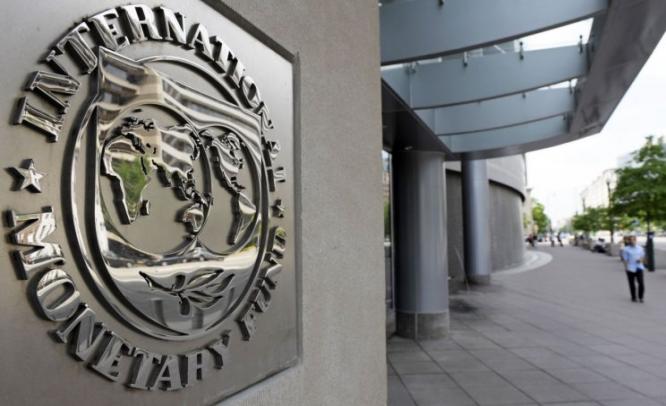In its report on France, the fund has trimmed its forecast to see the economy contract by 0.2 percent this year from a previous – 0.1 percent.
June 07,2013: The International Monetary Fund (IMF) has advised France to focus on removing obstacles to growth, liberalize its economy and lower labor costs to get back to growth and improve its competitiveness. The IMF said that unemployment would keep rising in spite of the government’s promise to create more jobs by the end of the year. The number of reforms initiated in the last six months speak well of the government’s understanding that France needs to be reformed, said Edward Gardner, the IMF’s Mission Chief for France. The fund has also slashed its growth forecast for Germany substantially due to economic turbulence in the euro zone and also due to uncertainty in neighboring France. In its report the fund told France’s GDP would contract by 0.2 % this year from a previous of – 0.1 % forecast. The French economy would grow by 0.8 % next year, from a previous forecast of 0.9%.
“Restoring external competitiveness remains a critical priority and should be complemented by developing domestic sources of growth”, the fund said in the annual report on the French economy”.
The fund, has suggested more powers to the competition authority to review all sectors of the economy and remove regulatory obstacles that is hindering growth. It has also urged France to remove constraints on housing construction and push for more negotiations at the enterprise level. It has also urged the Euro zone’s second largest economy to reduce its unemployment figures through flexible contracts and low minimum wages. France has an unemployment rate of 11 percent compared to Germany which has 5.4 percent. On the issue of structural reforms IMF has stressed France’s focus should be on reining in public spending. It has told France to consolidate its public finances “over the medium term”.
French banks, the I.M.F noted have improved financial positions and greatly eased concerns about a possible financial collapse; however it has advised the banks still have lot of work to do on increasing their liquidity buffers and improve net stable funding ratios. This required a move toward more market intermediated credit and higher deposit collection. Another cause of worry to France is the lack of household and business confidence, adding that uncertainty over taxes was weighing on that. France’s economy is in the ‘doldrums’ in the first quarter mainly due to weak exports, household spending, which has weakened the economy by 0.2 percent. The main risks to its economy are the uncertainty about the course of domestic tax policy, which weighs on spending decisions of households and enterprises.
The funded has called on the government headed by President Francois Hollande to “Raise the economy’s capacity to create value and generate productivity gains through increased competition in product and services markets”. It has also advised to carry on the good work by relaxing the rigid labor laws and take steps to reduce the jobless rate in the country.”
Pierre Moscovici, the French finance minister welcomed the IMF’s findings saying the report showed “a convergence of views on the diagnosis and analysis of the risks to economic activity in Europe and France”. He also told that the fund had recognized the “the scale of reforms put in place by the government in favor of growth, employment and competitiveness”.

